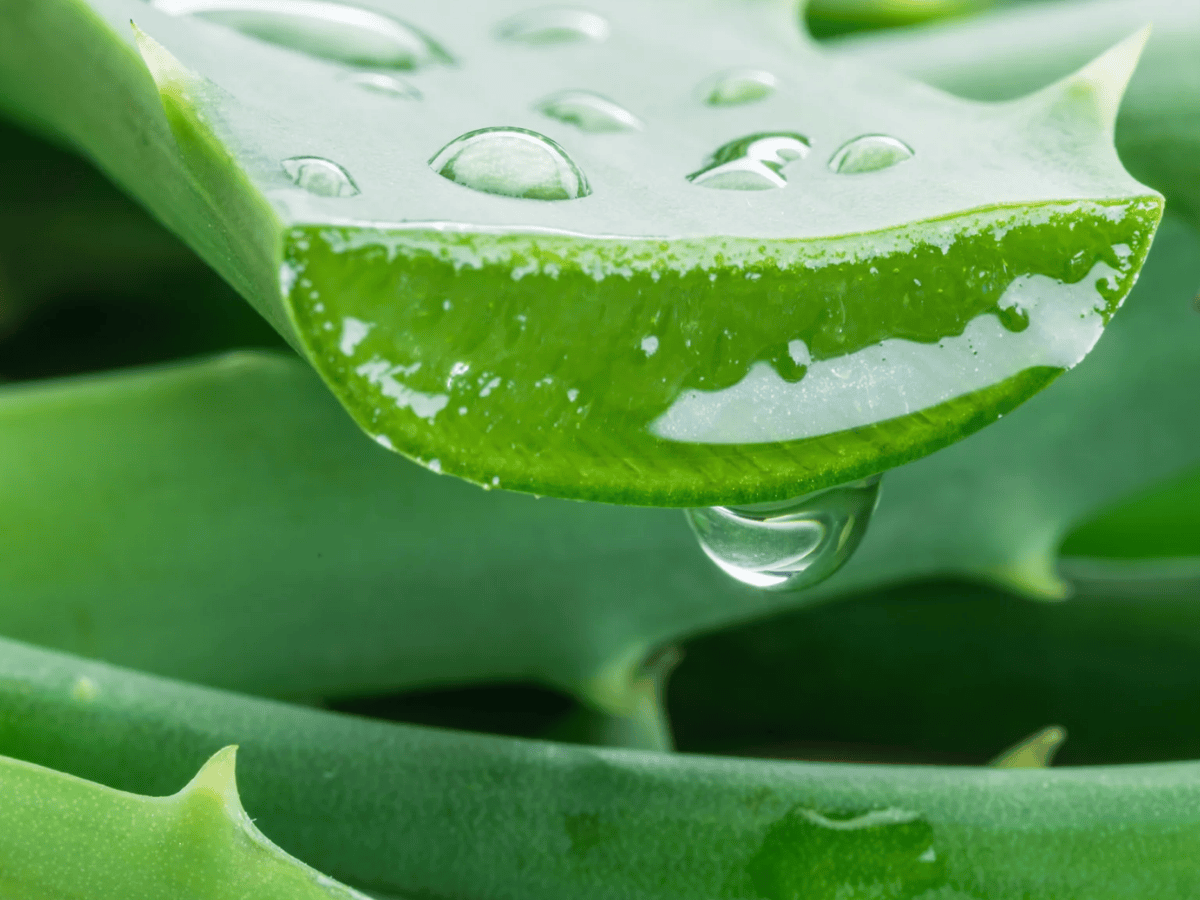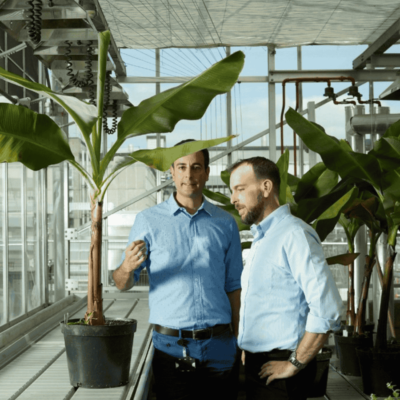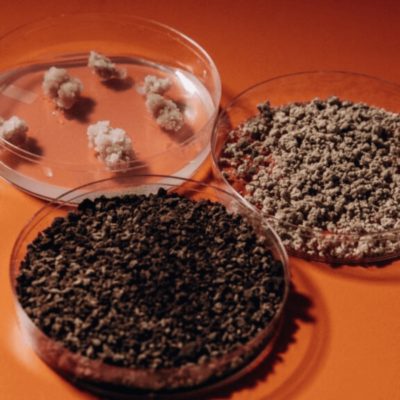ISRAEL – Researchers in Israel have introduced an innovative use for aloe vera in the cultivated meat sector, developing a plant-based scaffold that could enhance the structural integrity and scalability of lab-grown meat.
The study, published in npj Science of Food, explores aloe vera’s potential to serve as a natural, edible scaffold while addressing cost and production efficiency challenges in the cultivated meat industry.
New approach to cell growth in cultivated meat
The research, led by Dr. Gilad Gome under the guidance of Dr. Sharon Schlesinger and Prof. Oded Shoseyov at The Hebrew University of Jerusalem, focuses on repurposing aloe vera for tissue engineering.
The team selected aloe vera due to its cellulose-rich composition, durability, and compatibility with food-grade applications.
The idea emerged when Dr. Gome, then a PhD student, noticed the fibrous structure of aloe vera chunks in a beverage, leading to further investigation of its suitability as a scaffold for cultured meat production.
Enhancing fat integration for improved texture
In addition to its structural role, the study incorporated oleic acid to improve fat deposition on the aloe vera scaffold.
This method aims to support the formation of lipid deposits that contribute to the texture and composition of cultivated meat.
While the impact on flavor and mouthfeel has not been fully analyzed, the findings suggest that aloe vera scaffolds could facilitate fat integration in lab-grown meat, a key challenge in replicating conventional meat characteristics.
Addressing industrial challenges in cultivated meat production
The cultivated meat sector continues to face technical and financial hurdles, including the high costs of bioprocessing and the need for scalable production methods.
Traditional stirred-tank bioreactors, commonly used in the industry, have presented limitations in cell growth and maturation. The researchers propose the use of macrofluidic single-use bioreactors (MSUB) to enhance nutrient distribution and cell viability when working with aloe vera scaffolds.
Dr. Schlesinger notes that companies such as Aleph Farms, Ever After Foods, and Mosa Meat have already adopted scaffold-based approaches for cultivated meat production.
The introduction of an aloe vera scaffold could provide an alternative that aligns with industry trends favoring food-grade, plant-based solutions for cell culture.
FDA approval and potential market adoption
Aloe vera is already approved as a food additive by the U.S. Food and Drug Administration (FDA), positioning it as a viable option for industrial applications in the cultivated meat sector.
With global aloe vera production estimated at 500,000 metric tons annually, its use as a renewable scaffold presents an opportunity for cost-effective and sustainable production.
As the cultivated meat industry explores alternatives to synthetic and animal-derived scaffolds, the adoption of plant-based materials such as aloe vera could play a role in advancing large-scale production.
The research team is now working on optimizing cultivation protocols for dynamic bioreactors, aiming to refine oxygenation, nutrient flow, and lipid integration to further enhance the viability of aloe vera scaffolds in commercial applications.
Future prospects in the cultivated meat sector
The industry has seen increasing investment in alternative scaffolding materials, with various companies developing edible, biodegradable, and plant-based solutions to improve cell adhesion and tissue growth.
The use of aloe vera adds to the growing list of bio-based scaffolds being explored to improve the efficiency of cultivated meat production. Other materials under investigation include soy protein, alginate, mycelium, and nanocellulose, all of which aim to provide a stable and edible structure for lab-grown meat.






